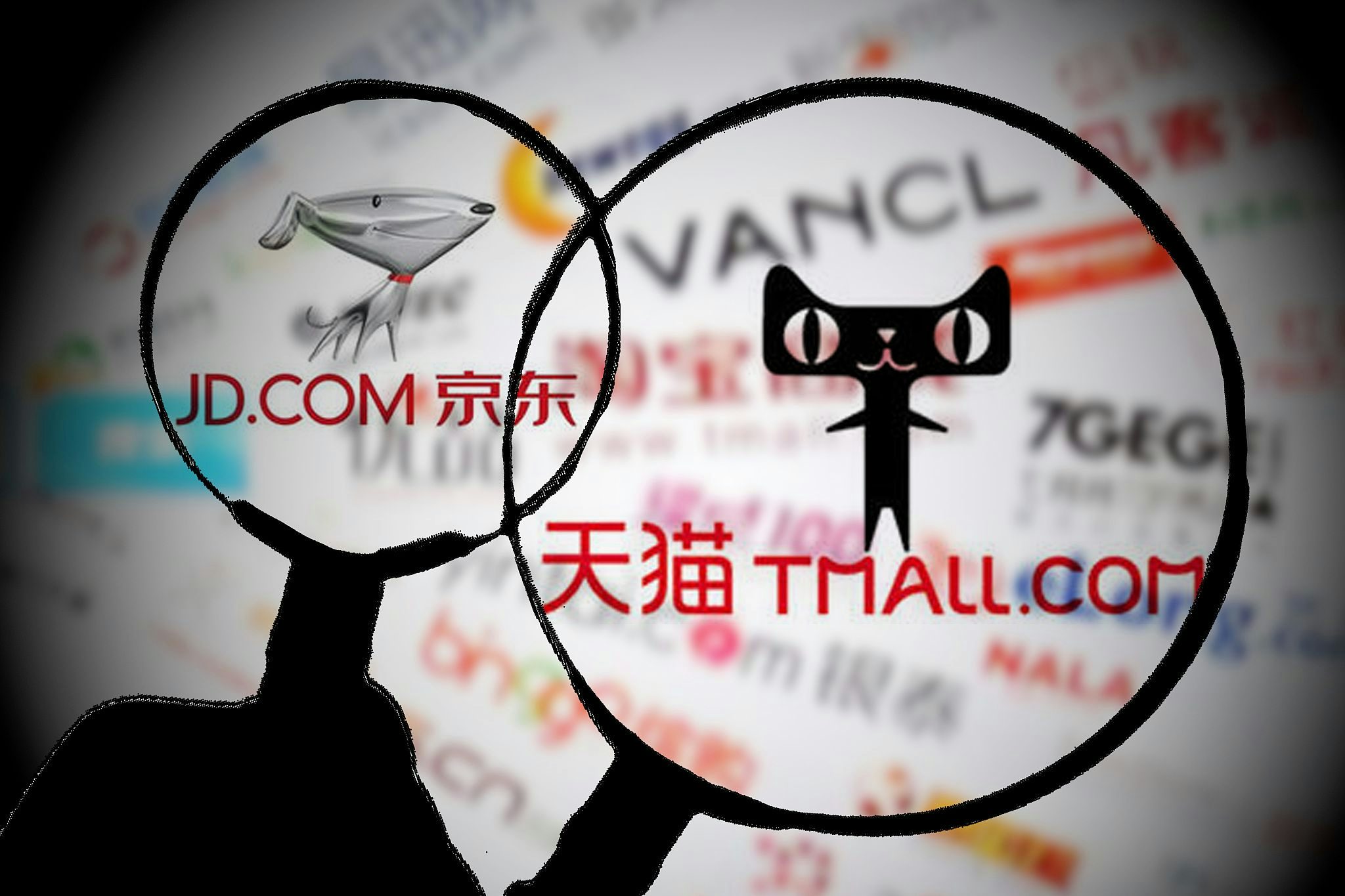It was recently reported that, in August, 44 fashion apparel brands closed their flagship stores on JD, China’s second-largest e-commerce company, while launching or keeping their shops on Alibaba's Tmall platform. The biggest in the group of the departed are millennial niche brand JNBY, billion-yuan brand Peacebird, menswear brand GXG, and fast-fashion label Heilan Home.
The news was first reported by Southern Metropolis, a respected publication in Guangzhou, China. Following that report, Xinhua, one of China’s top state-run publications, gave a more detailed breakdown of the brands who left: There were 27 womenswear brands, seven menswear brands, seven childrenswear brands and three lingerie labels.
Other reports then began to swirl alleging that prior to JD’s shopping festival in June, brands were asked by Tmall to “choose one or another,” and that it advised brands not to participate in JD’s promotional events.
JD confirmed to Jing Daily that the brands had left the site in August with the following statement, which includes a thinly veiled reference to Alibaba as "another industry player":
We believe strongly in open, fair and legal competition, but not everyone in the industry agrees. Numerous brands have told us that another industry player is inappropriately using threats to attempt to force them to sell on only one site in China. We believe that brands and consumers should be able to sell and shop where they want without interference and will continue to support the ability of brands to choose to sell on however many sites they want.
The claim comes at a time when China’s two bigwigs of e-commerce are going head to head in preparation for Singles' Day, a shopping festival in November begun by Alibaba. (While JD has its own shopping festival in June, both e-commerce giants offer discounts on the other’s shopping holidays.)
This recent brand exodus is just the latest step in an ongoing battle between the rivals to be the preeminent marketplace for luxury goods online. In July, JD released a statement accusing “some e-commerce sites” (a term commonly understood to mean Alibaba”) of being unfair and monopolistic market players. Alibaba responded then by claiming that, whenever competition heats up, “some e-commerce platforms” regularly aim at Tmall’s exclusive business deals as an excuse to send out misleading and emotional messages to the public.
Coincidentally, some of the brands that quit JD in June have recently disclosed that they have made new deals with Tmall, an online sales platform run by Alibaba for local Chinese and international businesses to sell their goods directly to shoppers.
On September 1, Heilan Home announced it had signed a deal with Alibaba, which included an agreement to use the e-commerce site’s products and services "to achieve more profitable growth,” and “speed up the digital transformation,” while taking advantage of Tmall and relevant platforms for “sustained growth of potential customers,” and to “support brand awareness.” The deal, which was effective August 30, 2017, will last through the end of 2019.
Peacebird recently issued a similar public announcement, saying it has developed a new retail strategy with Alibaba. Both parties plan to work together with regard to brand building, big data use, consumer operations, online and offline channel integration, and international market development. Peacebird also said that it hopes that through this cooperation, it can achieve retail sales (online and offline) in excess of 10 billion yuan (1.5 billion) by 2020.
The director of Peacebird denied that the company was pressured by Alibaba, telling Jing Daily, “[The change] is a matter of following the market demand.” When we reached out to JNBY, the company declined to comment.
A cross-border e-commerce expert, who has previously helped luxury brands set up vendor stores on Tmall and JD, told Jing Daily that this trend is likely to grow, and that the competition between JD and Alibaba has grown fiercely owing in part to the unfair behavior of the latter.
“Brands quitting on JD [are] likely pressured into a forced choice by Tmall,” he said. “If those brands don't shut down their JD store, they would not likely enjoy the benefits along with opening an e-store on Tmall.”
Alibaba denies the claim that its pressuring brands to leave any other e-commerce platform. Through a spokesperson, the company issued this statement in response to the allegations:
Brands have full autonomy to maximize their ROI in choosing their distribution platforms. The more than 100,000 brands who do business with Alibaba make the decision to be on our platform because they see Alibaba’s unique value proposition. With Alibaba, brands reach more than half a billion consumers, own the data and the analytics that provide robust consumer insights, and they get access to superior technologies that enable deep consumer engagement, both online and offline.
Both e-commerce sites had a presence at New York Fashion Week this fall, with JD partnering with Phillip Lim and Alibaba announcing a new partnership with New York Fashion Week for which it will invite fashion week staples, like Opening Ceremony, to its “See Now, Buy Now” online fashion show in October.



